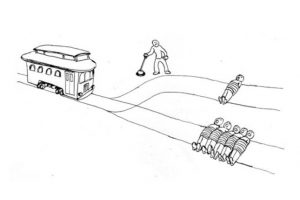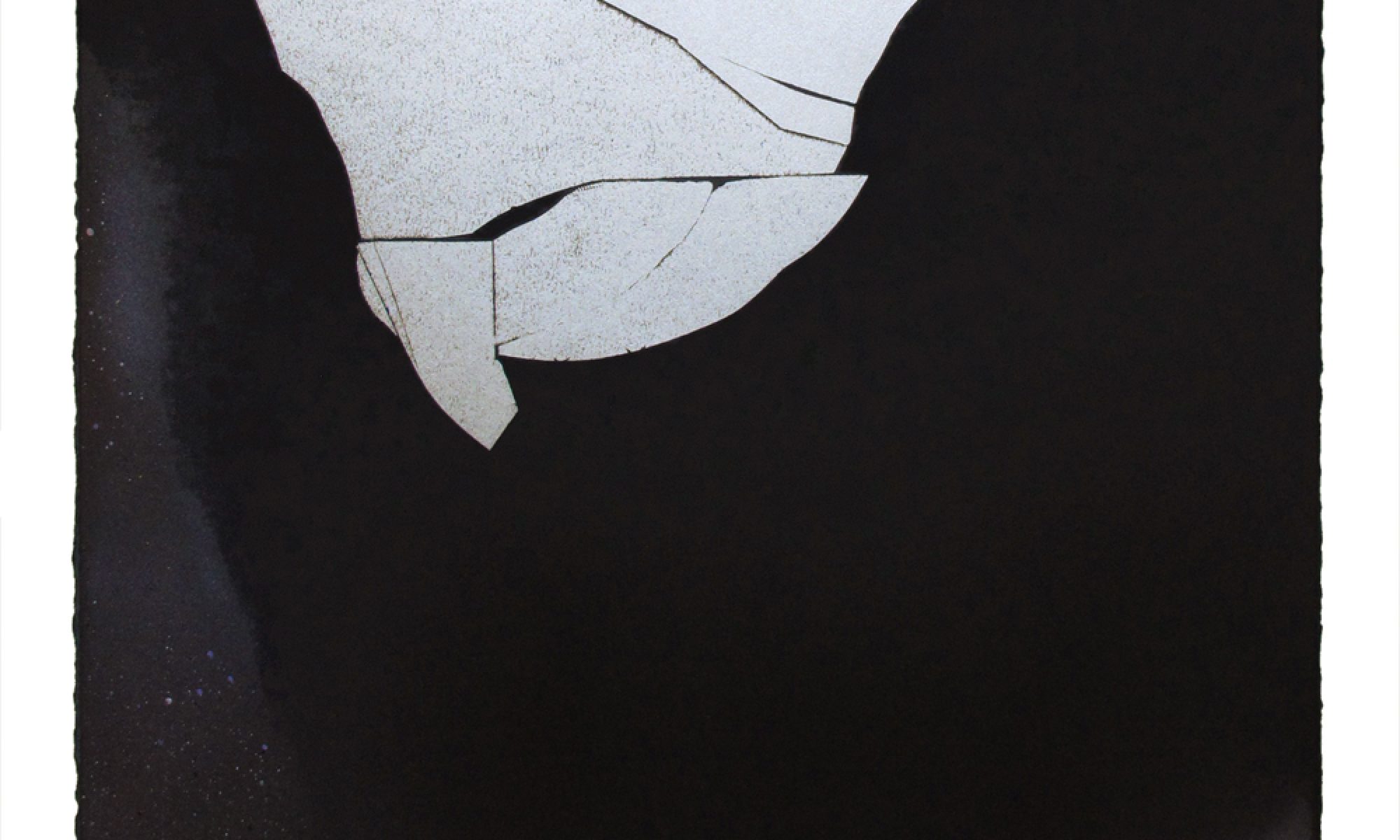Ursula Le Guin’s short story, The Ones Who Walk Away from Omelas, offers an insightful look into the theory of Utilitarianism – the theory which dictates that the actions of an individual are “right” if they benefit the majority of people, and not necessarily everyone. In the story, we are introduced to the city of Omelas, a utopia seemingly perfect for everyone who lives in it. However, as the setting becomes more established, we are introduced to a critical aspect of the story – the boy in the closet.
Our introduction to the boy in the closet marks the point at which the theory of Utilitarianism is brought into discussion. The premise of the story is that the people of Omelas will continue to live in their seemingly unadulterated paradise so long as nobody interacts with the boy in a positive manner. As a result, no person willfully assists the boy in any such way, for fear of repercussion. Those who can’t bear to stand the atrocity either grieve in silence or simply walk away from Omelas.
I find this aspect of the story to be an incredibly powerful reflection of how human nature behaves. Naturally, as readers, we are forced to wonder ourselves: would we step in to save the boy in the closet and risk ruining everybody’s world as we know it; or would we choose to turn a blind eye and settle for appeasement? Although a select number of people will choose the former option, I believe that most people will side with the latter option “for the greater good”. It is this notion of doing things for the greater good that Utilitarianism is rooted in. Much like the age-old ethical trolley problem, the difficulty in facing such a situation is that no matter the choice made, there is a loser. What I find even more interesting is how this scenario is analogous to the risk averse behavior prevalent in humans, and other organisms for that matter.

To be risk averse means to opt for preferences that ensure a known outcome over a gamble with higher or equal expected value. In the case of the city of Omelas, the people choose to go for the “safer” option of neglecting the boy in the closet in exchange for absolute pleasure. They do not gamble the likelihood that the whole story of ruin on their city should the boy be helped is fake. For all we know, nothing would come of the city if the boy were to be saved, but that remains a theory because no person would even dare risk to commit such an act for fear of destruction. We as humans are so afraid to venture into the unknown, that we risk missing opportunities because we don’t want to step out of our comfort zone, of what is known to be true. This same message is found in Le Guin’s short essay, Why are Americans Afraid of Dragons? In that essay, the analogy is drawn to the notion that many Americans are afraid of trying out fantastical works for fear of straying from their belief of what is normal and what is known.
This fear of the unknown ultimately paralyzes people from expanding their horizons. However, I believe that in order to fully experience life, one has to be willing to take risks. Some risks may be as trivial as getting rejected by the one you sought for, or as drastic as possible destroying the world that you and those around you know it to be. Sometimes, the risk is worth the reward. The way I see it, the people of the city of Omelas represents your contentedness within your life in the moment, and the boy in the closet represents what it is you truly desire. So I implore you, take a leap of faith and save the boy in the closet inside of you.

In regards to the “would we step in to save the boy in the closet and risk ruining everybody’s world as we know it; or would we choose to turn a blind eye and settle…” question you pose, I think it’s important to note the decision we think we would make is actually a self evaluation of ourselves. Often times, this self evaluation is biased toward what we wish or want to be, instead of the person we actually are. As a result, it is difficult for me to reach a concrete decision. Yet, I believe the short’s popularity can be greatly attributed to these indecisive thoughts.
I think your analysis of this story and its connection to utilitarianism is really interesting, especially when considering what we discussed in class about how people are willing to accept atrocities and ignore the cause of their happiness. However, I am curious as to how the people walking away from Omelas fit into the analogy you made in your post. Are they also part of the group of people unwilling to take risks? I am not really sure of the answer myself, but I think it is intriguing to think about.
In the last paragraph of the blog, Rakha mentions that, “Sometimes the risk is worth the reward,” and while it was used in the context of encouraging the saving of the boy in the closet, I can’t help feel that the situation presented in, “The Ones Who Walk Away from Omelas,” is different. In the story since the members of the society are at peace with one another and are enjoying pleasure choosing to be ignorant is what normally happens. In their lives taking the risk would be helping out the boy, but since they know that their happiness would end through such an act, taking the risk does the opposite of providing a reward of any sort. In other words if the true desire that might be within us is inherently harmful or evil then would it be rewarding to let such a desire free? I would argue that the reward isn’t worth the risk.
The connection to the Trolley problem was great in my opinion, especially because for the members of the society there is no one way to have it all, they are practically bound to make a choice that won’t please everyone in the society.